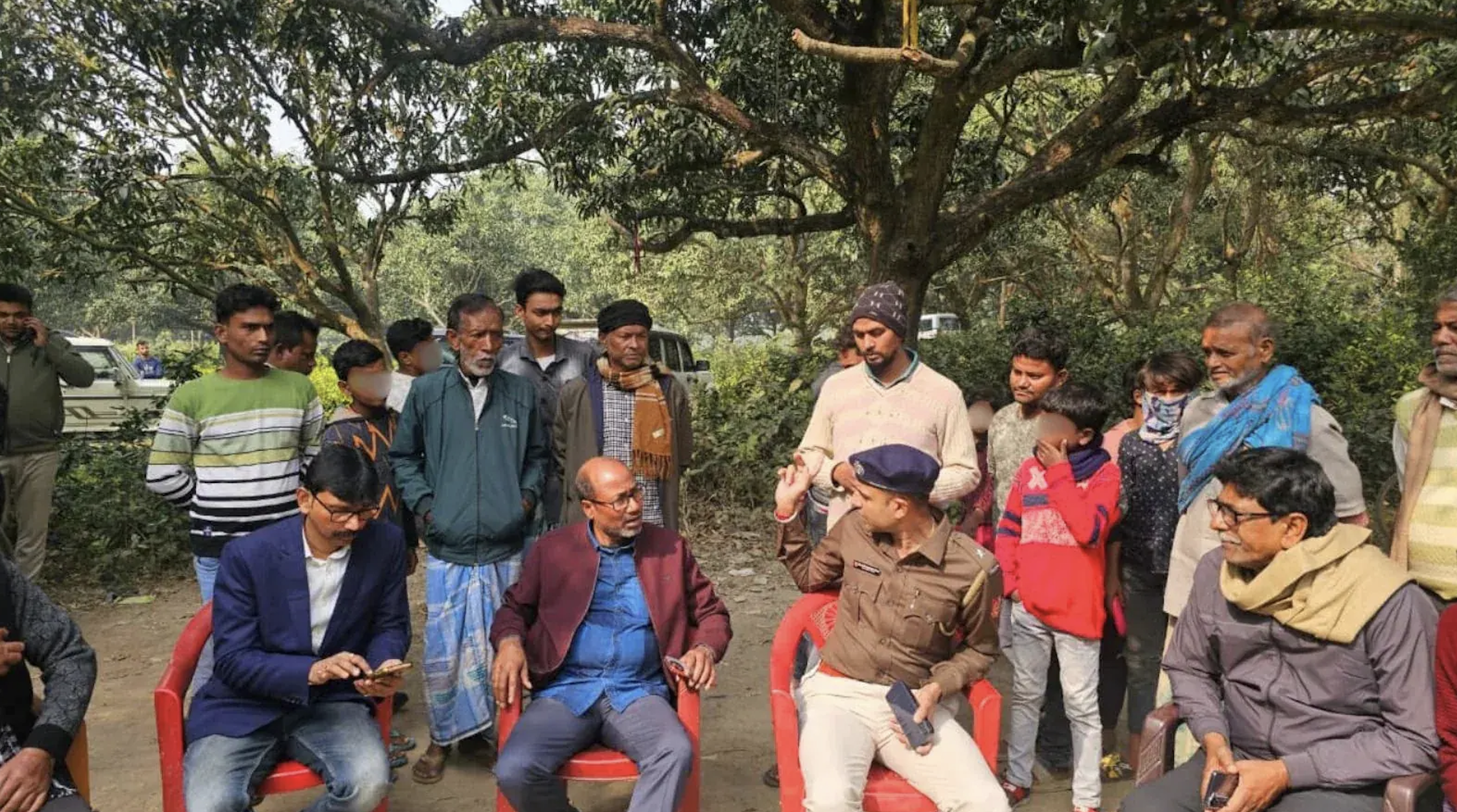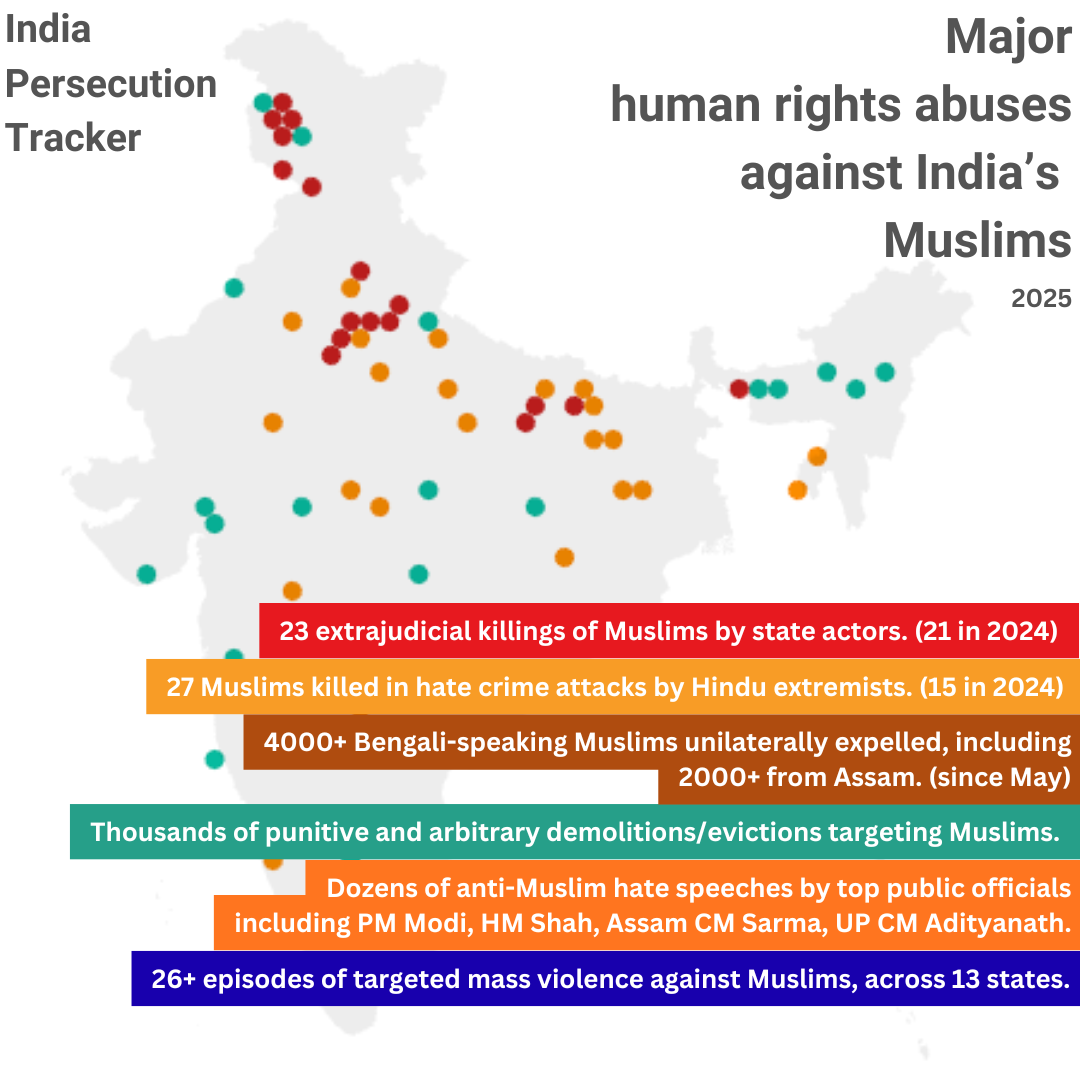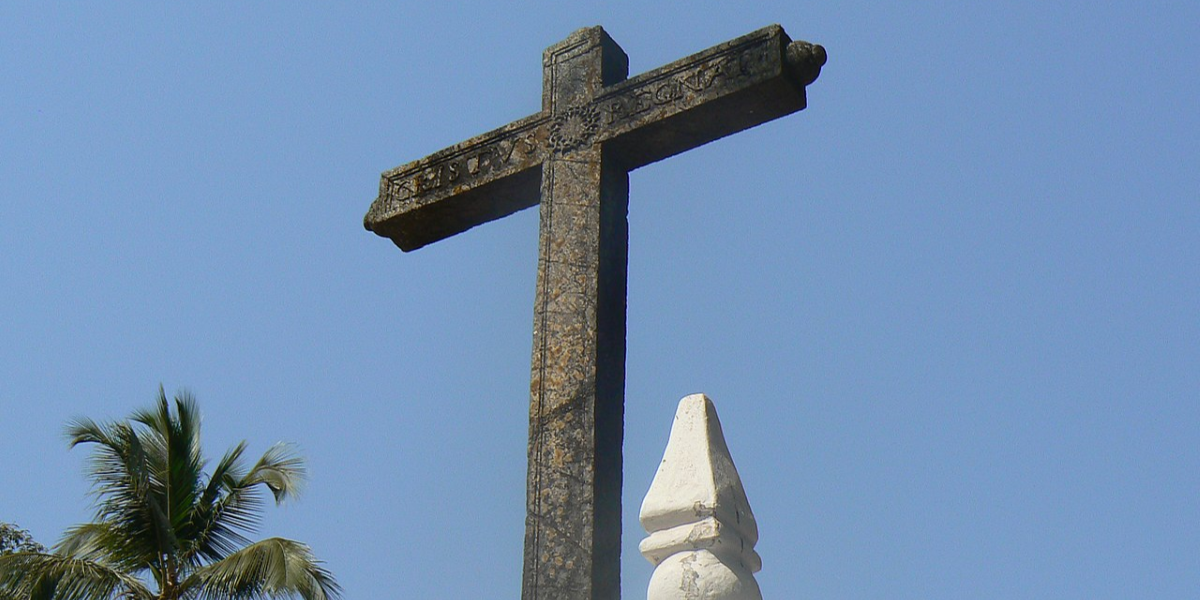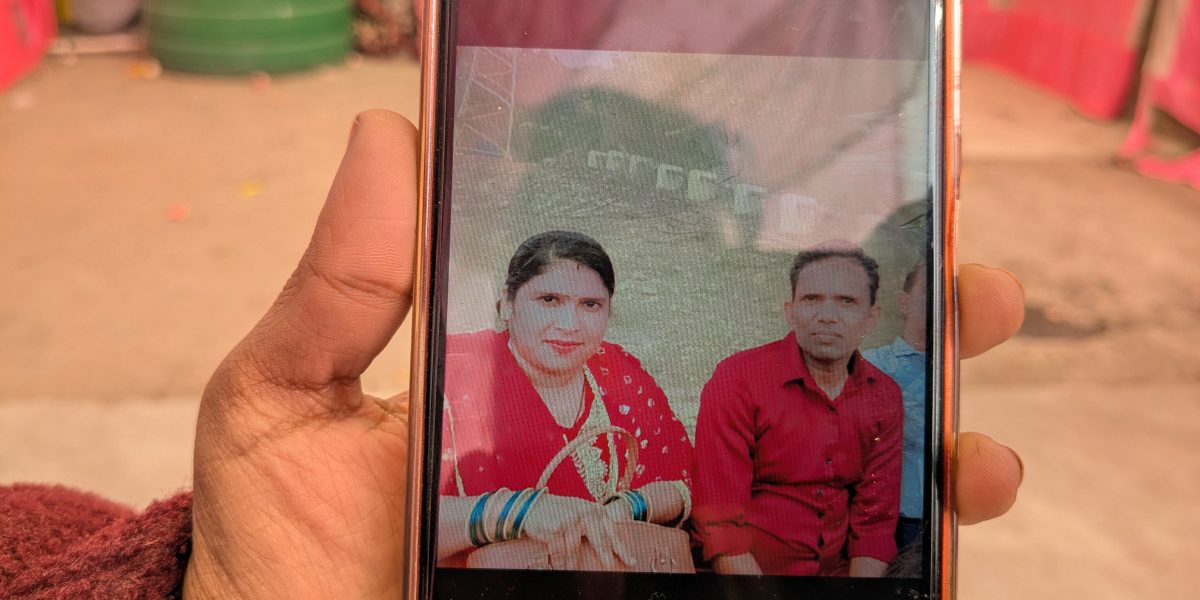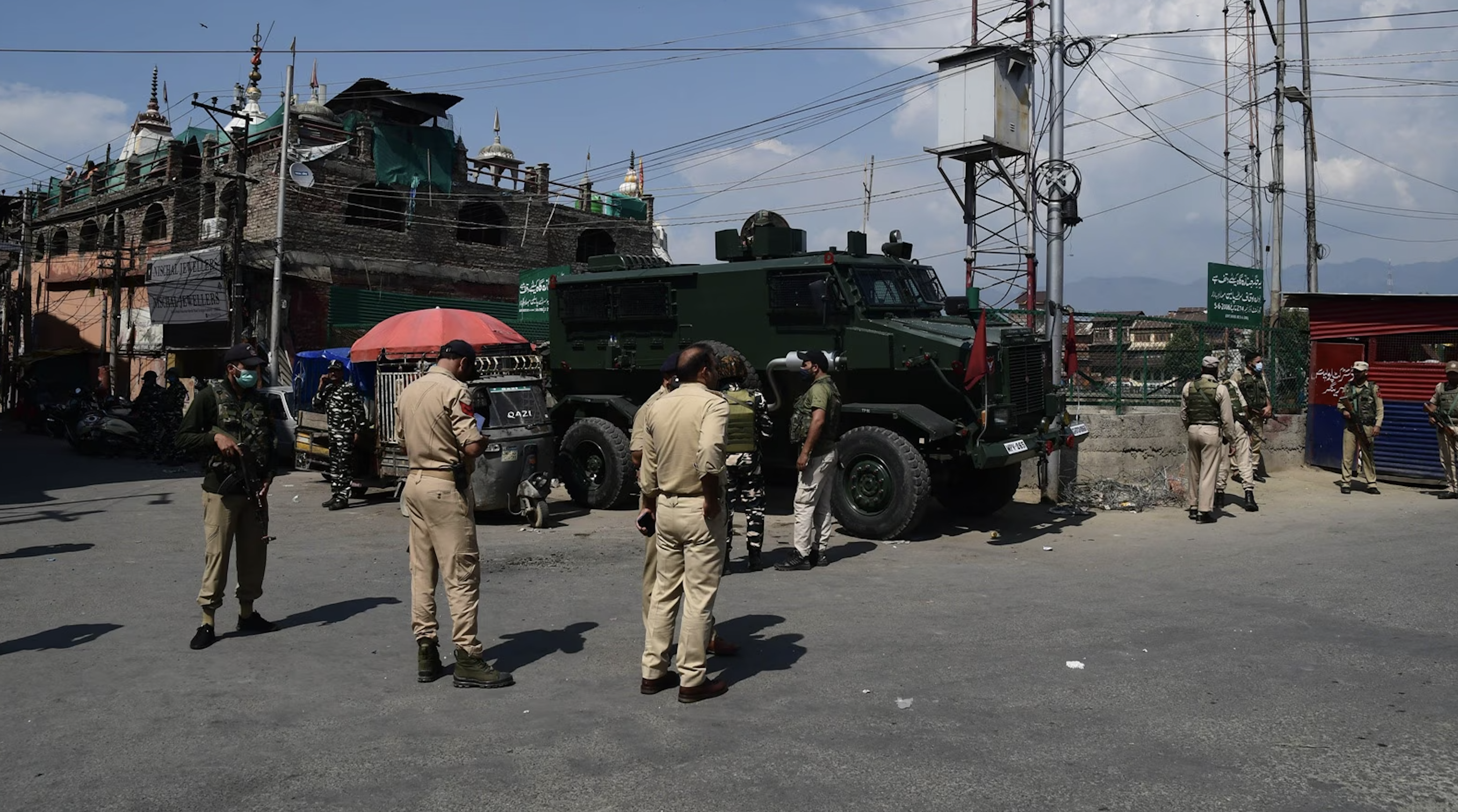
By Shivasundar
Synopsis: Modi’s amendment deliberately designed Waqf bodies where Muslims could become minorities. The interim order has only prevented Muslims from becoming an outright minority, but it has still legitimised the unconstitutional idea that non-Muslims can be members of a Muslim religious body.
On the petitions (WP (C) 276/2025) that sought to strike down the Hindutva-driven “Waqf (Amendment) Act, 2025” brought by the Narendra Modi government, the Supreme Court Bench of Chief Justice BR Gavai, also comprising Justice Augustine George Masih, has delivered an interim verdict.
Legal news portals and mainstream media reported it under the headline, “Stay on Key Provisions of the Act.”
But if one carefully reads the detailed reports, a disappointing fact emerges: the Supreme Court has not struck down or even questioned the four most blatantly unconstitutional, Hindutva-inspired provisions of Modi’s amendment:
1. Membership of non-Muslims in Waqf bodies: Tacit endorsement of discriminatory logic principle
The most dangerous part of the interim order is that the Supreme Court has accepted the constitutionality of Modi government’s provision mandating compulsory inclusion of non-Muslim members in the Central Waqf Council and state Waqf Boards.
Such provisions have never existed in any Waqf Act or in laws governing other religious institutions. Even today, laws clearly prohibit non-Hindus from being members of Hindu religious bodies like Tirupati or Kashi Vishwanath. Christian and Sikh bodies too have only members of their own faith. Article 26 of the Constitution guarantees that religious communities can administer their own institutions. Any law that denies this right is unconstitutional.
By insisting only on Muslim Waqf bodies to include non-Muslims compulsorily, Modi’s law aimed to bring Muslim institutions under Hindutva control.
Instead of striking down this unconstitutional rule outright, the Supreme Court merely limited the extent: in the 20-member Central Waqf Council, no more than 4 can be non-Muslims, and in state Waqf Boards of 7 members, no more than 3 can be non-Muslims.
Originally, the 2025 Act allowed only 10 out of 22 council members to be Muslims, with the rest potentially non-Muslims – reducing Muslims to a minority in their own Waqf Council. Similarly, in state Waqf Boards of 11 members, only 4 had to be Muslims, while 7 could be government-appointed non-Muslims.
This story was originally published in thesouthfirst.com. Read the full story here.


